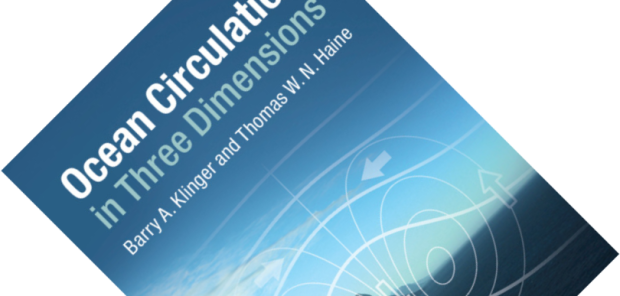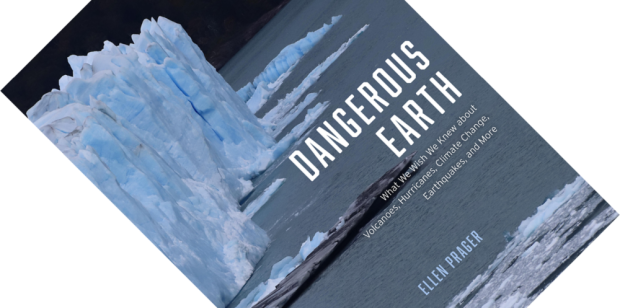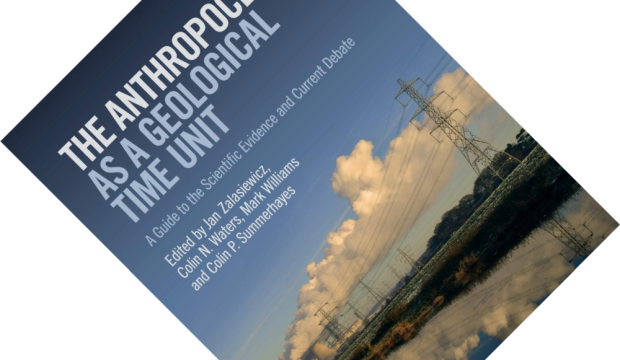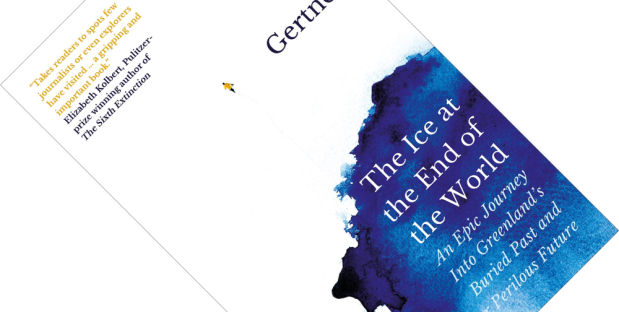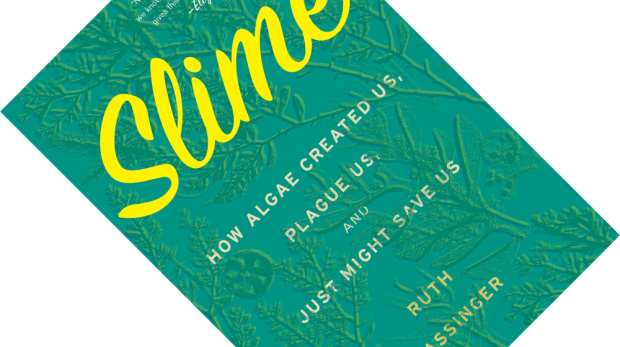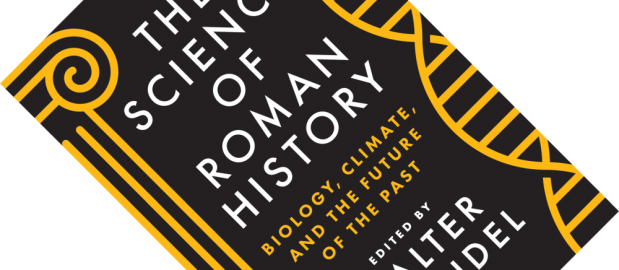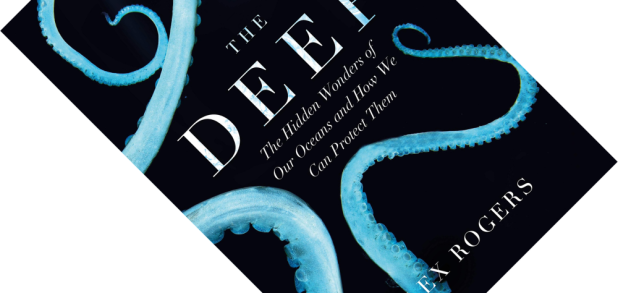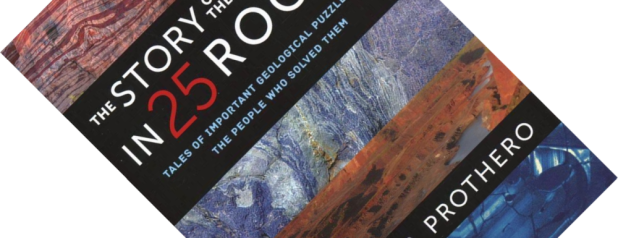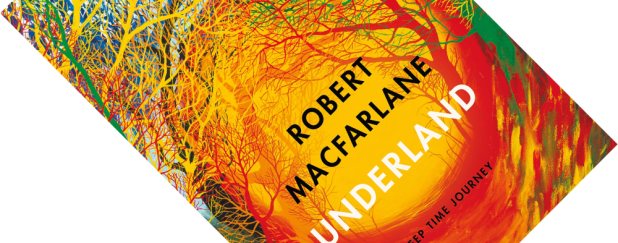7-minute read
After I reviewed Joy McCann’s book Wild Sea I became fascinated with the three-dimensional nature of ocean currents. She captivated my imagination with her vivid description of the formation of bodies of heavy, cold water plunging into the abyss around Antarctica. So when Cambridge University Press announced this textbook it seemed like the perfect opportunity to dive deeper into this topic.

